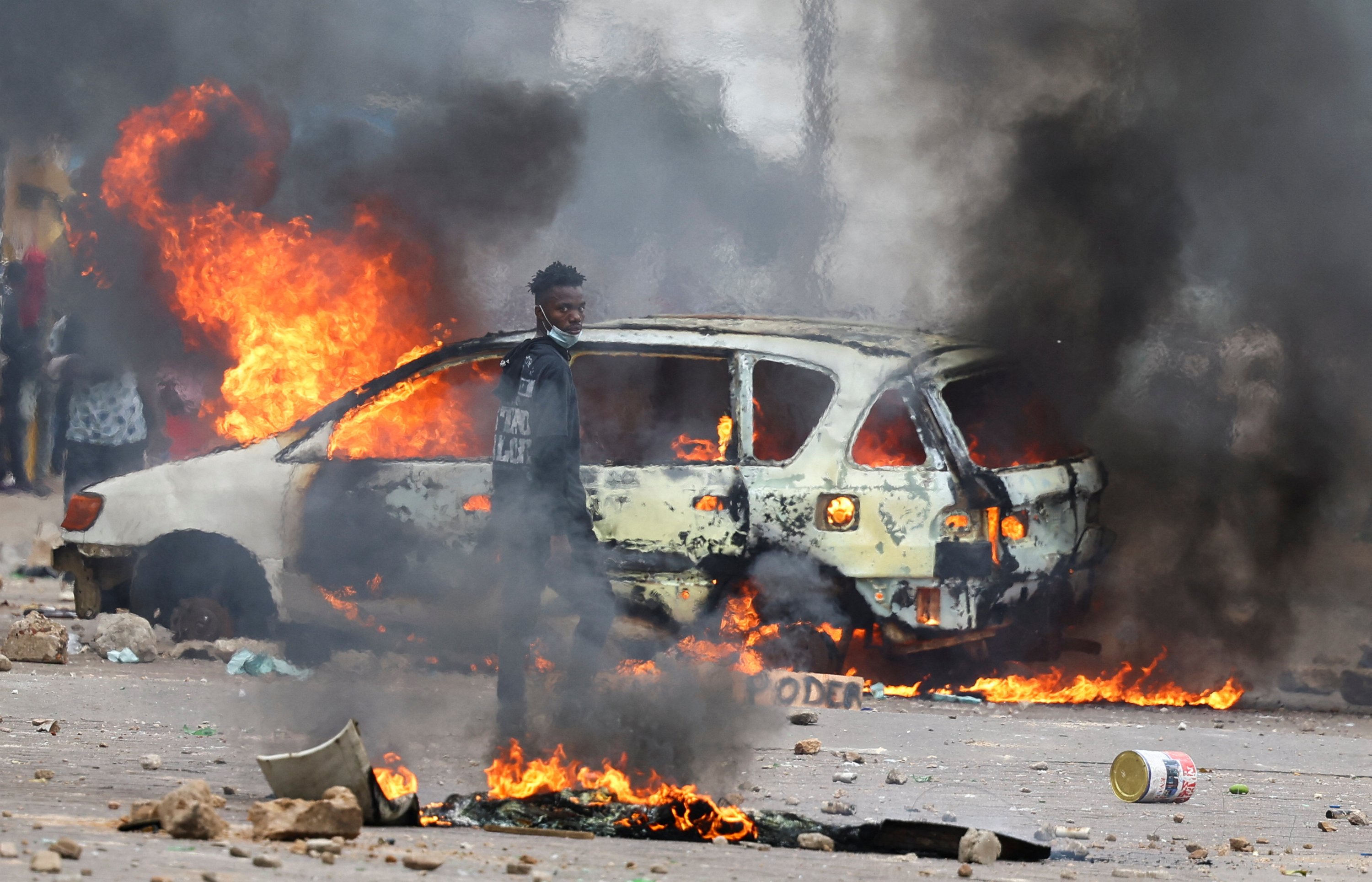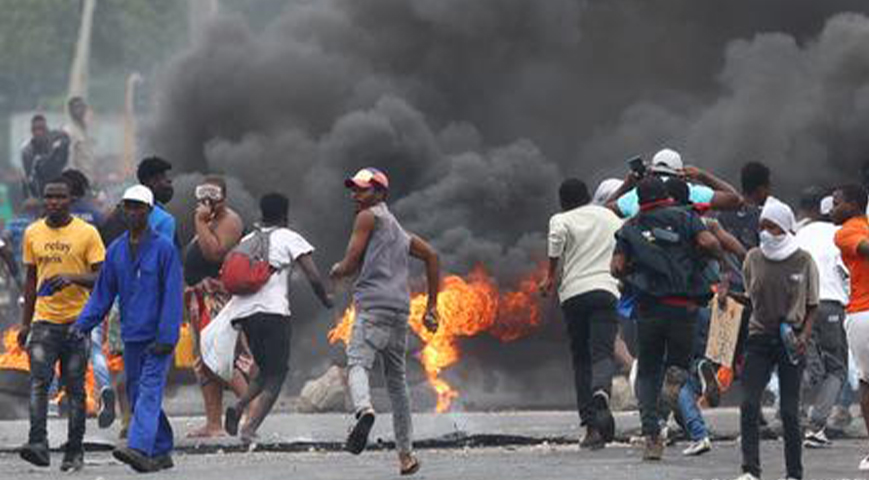Mozambique’s political tensions have surged as opposition leaders and rights groups report that over 30 people have died in three weeks of protests over the country's October 9 election results.
Mozambique’s ruling Frelimo party, in power for nearly five decades, claimed over 70 percent of the vote, disputed by opposition leader Venancio Mondlane, who was credited with 20 percent. Mondlane alleges electoral fraud and has used social media to rally supporters to the streets, demanding “electoral truth.”

Thousands of protestors in Maputo faced heavy police resistance, with officers deploying teargas and dogs to disperse crowds. Clashes left three people dead and 66 injured, four critically, according to Maputo Central Hospital. Burnt vehicles and stone barricades littered the streets Friday while businesses cautiously reopened.
Did you read this?
Human Rights Watch noted at least 30 deaths nationwide. At the same time, the Centre for Democracy and Human Rights (CDD) cited a toll of 34 fatalities, including the deaths of two opposition figures on October 19.
Mozambique’s Defense Minister warned of potential military intervention, citing threats to state stability. The government insists the protests aim to disrupt Mozambique's democratic process.

Outgoing President Filipe Nyusi will step down in January, with Frelimo’s Daniel Chapo as his likely successor. The Constitutional Council is reviewing potential voter discrepancies, and international observers, including the EU, reported irregularities in the electoral process.
Podemos, the opposition party, vowed to sustain peaceful protests until election grievances are addressed. The unrest has affected Mozambique’s key border post with South Africa, causing temporary closures and vehicle burnings.
In Eswatini, border authorities report an influx of Mozambicans seeking refuge from the turmoil, with hundreds currently housed at a local police station.









